Delegates attending the 4th Theoretical Workshop between the Communist Party of Vietnam and the French Communist Party. (Photo by HUY LE)
Leader Ho Chi Minh and our Party have made outstanding contributions to world political thinking in general and communist theory in particular on many fundamental issues, throughout the 20th and 21st centuries.
Firstly, it has supplemented and developed the awareness of the colonial issue in the new context of the era; argued the path of fighting against colonialism, liberating colonies, opening the revolutionary torrent of national liberation and the process of disintegration of the colonial system on a global scale. Entering the 20th century, the world had to solve many pressing human problems, in which the colonial issue emerged with the most comprehensive scale. By 1914, more than 2/3 of the globe's area and nearly 2/3 of the world's population were in the colonial system ruled by a small group of colonial "mother countries"[1].
Leader Nguyen Ai Quoc - Ho Chi Minh approached the colonial problem in a very practical way, not simply viewing the colonial problem as just a peasant problem; nor mechanically perceiving the colonial problem as entirely a class problem and class struggle. According to Ho Chi Minh, the essence of the colonial problem is the problem of the colonial people, the struggle to eliminate the domination of colonialism, the national liberation revolution. The colonial revolution does not only depend on the results of the proletarian revolution in the mother country, but also needs to be proactive and be able to win first and through its victory contribute to the revolutionary cause in the mother country[2]. This is the first theoretical contribution that inscribed Ho Chi Minh - Vietnam's name into the Marxist-Leninist theoretical heritage in the present era.
In his work The Revolutionary Path published in early 1927, Nguyen Ai Quoc soon distinguished three types of revolution: “capitalist revolution, national revolution, class revolution”[3]. For him, the most urgent requirement of colonial society was not class struggle as in Western capitalist societies, but to overthrow the colonial regime and gain national independence. In the brief Platform of the Communist Party of Vietnam, leader Nguyen Ai Quoc proposed a path that both reflected the light of the Russian October Revolution and signaled a great innovation, closely following the characteristics of Vietnam: “carrying out bourgeois democratic revolution and land revolution to move towards a communist society”[4]. Bourgeois democratic revolution is the strategic stage to complete the task of overthrowing the colonial regime and gaining power. Land revolution is not part of the bourgeois democratic revolution, but is a strategic stage with the main task of land revolution. Moving towards a communist society is the next stage of development to gradually achieve the final goal. The revolutionary path to solve the colonial problem in Vietnam was perceived by the founder of the Party and the Communist Party of Vietnam like that! The path does not exist in the classical model, has no precedent in history.
From Vietnam, the torch of liberation spread throughout Asia, Africa, and Latin America, creating a revolutionary wave of the era. The colonial system that colonial powers had built up over the course of five centuries from 1492 collapsed completely in the late 1980s of the 20th century. More than 100 independent, sovereign nations were born, deciding their own path of development, independent of colonial imperialism, changing the world political map.
Second, it built and developed the theory of people's war, the entire people's war, and led the successful implementation of that war against the leading colonial and imperialist forces in the world. The Vietnamese Revolution had to confront the leading colonial and imperialist forces: French colonialism, Japanese fascism, and American imperialism. The balance of power in almost all aspects (material-technical, equipment, weapons of war, military numbers, mobility, etc.) was tilted toward the invaders.
In those very unfavorable circumstances, the Vietnamese army and people have brought into play the wisdom of thousands of years of history in fighting and defending the country, combined with modern science and art of war, creating the theory of people's war, all people, all over the world. All material and spiritual resources; all civil and armed forces both produce and fight; people from young to old, all ethnic groups, classes, regions are "guns in hand, plows in hand"; national and international strength are mobilized to serve the task of defending the Fatherland, creating a comprehensive strength of Vietnam, greater than the strength of the invaders on the battlefield. This great strength is used in the all-people national defense posture, effectively combining economy with national defense; economy, national defense with foreign affairs... creating the position and strength for Vietnam to advance steadily, fight steadily, gain partial victory, and move towards complete victory as history has proven. Vietnam's military creativity in the Ho Chi Minh era was expressed through a symbolic formula that, at first hearing, seems to be outside the iron laws of all wars: Use the small to defeat the big, use the few to fight the many, use the weak to defeat the strong.
Third, it has applied and creatively developed the theory of scientific socialism in building and renewing socialism, contributing to strengthening the vitality of Marxism-Leninism in the new context of the era. The reform processes in the Soviet Union and Eastern European socialist countries, although carried out at almost the same time as the renovation in Vietnam, were not successful. The more they were implemented, the weaker socialism became, and eventually it collapsed and disintegrated miserably. On the contrary, in Vietnam, socialism, through renovation, reform, and updating, has found vivid "realistic lands" to affirm its vitality and develop. The secret to this difference is the renovation policy led by the Communist Party.
Vietnam initiated and continuously supplemented and developed correctly and appropriately. All of these important results form the theory of the renovation policy, which is worthy of being a unique theoretical contribution of the Party and the people.
Vietnam for the theory of scientific socialism and world political thinking today.
“Socialism is how to make the people rich and the country strong”[5]; “Socialism is prosperity and freedom for all people”[6]; “Socialism is fairness and justice: Work a lot and get a lot, work a little and get a little, if you don’t work you won’t get anything. The elderly or disabled will be helped and taken care of by the State”[7]; “In short, in simple terms, socialism first of all aims to help the working people escape poverty, to help everyone have jobs, be prosperous and live a happy life”[8]… Reiterating some of Ho Chi Minh’s arguments on socialism that the Communist Party of Vietnam is inheriting, it is clear that the Vietnamese leader, from a very early age, had the courage to overcome all stereotypes, to be creative, to perceive the universal in the particular and to truly make timeless theoretical contributions to accompany communists in the world today.
The system of viewpoints of the Communist Party of Vietnam on eight characteristics of socialist society, eight directions for building socialism and major relationships that need to be well perceived and resolved in the process of innovation towards socialism in Vietnam is the creative application and development of scientific socialist theory suitable to specific conditions, which both contains the sustainable principles of Marxism-Leninism and updates the Millennium Development Goals (MDG) and Sustainable Development Goals (SDG) that the United Nations has outlined as the direction for humanity until the mid-21st century.
Fourth, it has raised lessons on gathering, uniting, and allying forces in the struggle for the noble goals of nations and all of humanity today. According to statements by many politicians, socio-political activists, and international scholars, this is a practical contribution from the Vietnamese revolutionary practice to the struggle of revolutionary, left-wing, democratic, and progressive forces in the world, which, although numerous and full of enthusiasm, have not yet united into a combined force to confront the current capitalist forces[9].
The Vietnamese communists have successfully implemented the teachings of the genius Karl Marx and Friedrich Engels: “The proletariat of each country must know how to seize the nation and become a nation” in the process of leading the revolution for the goal of socialism; at the same time, they have also been particularly successful in linking the Vietnamese revolution with the world revolution, combining national strength with the strength of the times.
Many international friends, including many representatives of the communist movement and the world revolutionary movement, have returned to the vivid reality and valuable lessons learned from the Vietnamese revolution. Class solidarity, national solidarity and international solidarity are the magical handbook that President Ho Chi Minh, the vanguard Party and the Vietnamese people have combined into a flag of great significance: “Solidarity, solidarity, great solidarity. Success, success, great success”[10].
The Vietnamese Revolution from 1930 to the present has not only benefited from the positive impacts of the general trend, great opportunities, practical support and assistance, but has also been a vanguard with many worthy contributions to the international cause, including outstanding theoretical contributions. This is both a precious heritage and a supplement and development of communist theory in the new era; at the same time, it is also a supplement and development of modern political thinking. On the journey to a better society, communist, leftist, revolutionary and progressive forces will return to the Vietnamese theoretical heritage of the Ho Chi Minh era.
[1]¿Qué es el colonialismo? (What is colonialism?) https://www.nationalgeographic.es/historia/colonialismo-que-es.
[2], [3], [5], [6], [7], [8], [10] Ho Chi Minh Complete Works. National Political Publishing House, Hanoi, 2002.
[4] Communist Party of Vietnam: Complete Party Documents. National Political Publishing House, Hanoi, 1998, vol. 2, p. 2.
[9] Summary of the 27th International Seminar Political Parties and a New Society, Mexico, October 2023. https://miu.do/miu-presente-en-xxvii-seminario-internacional-los-partidos-y-una-nueva-sociedad/
Associate Professor, Dr. Nguyen Viet Thao, former Deputy Director of Ho Chi Minh National Academy of Politics
Source: https://nhandan.vn/nhung-dong-gop-ly-luan-dac-sac-cua-dang-communist-viet-nam-doi-voi-tu-duy-chinh-tri-the-gioi-post857703.html


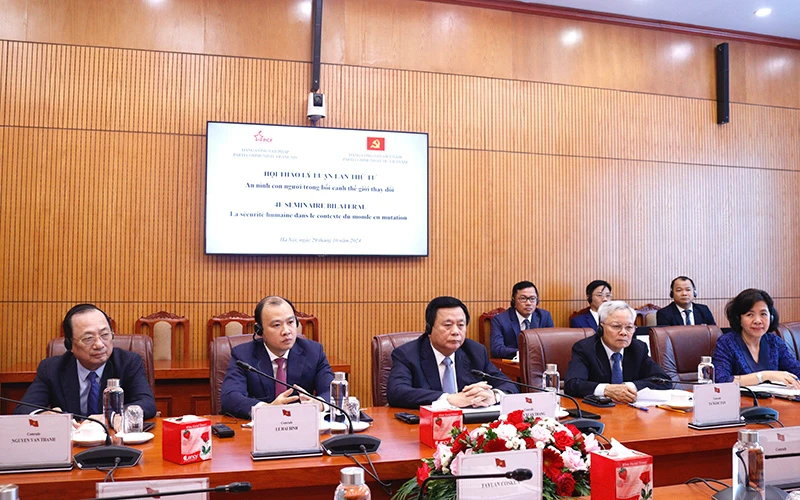

![[Photo] General Secretary To Lam and National Assembly Chairman Tran Thanh Man attend the 80th Anniversary of the Traditional Day of the Vietnamese Inspection Sector](https://vphoto.vietnam.vn/thumb/1200x675/vietnam/resource/IMAGE/2025/11/17/1763356362984_a2-bnd-7940-3561-jpg.webp)




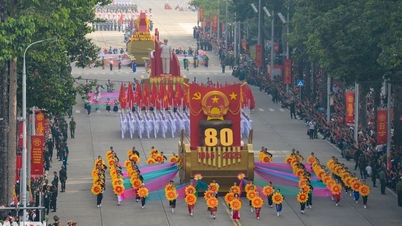

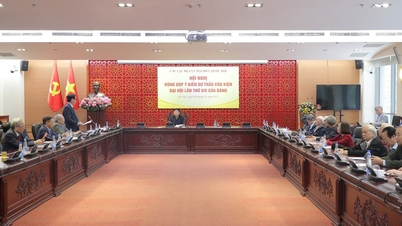






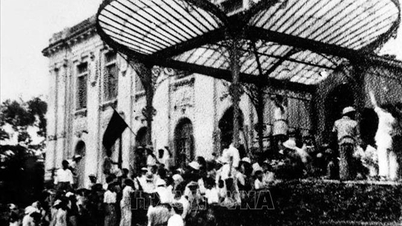

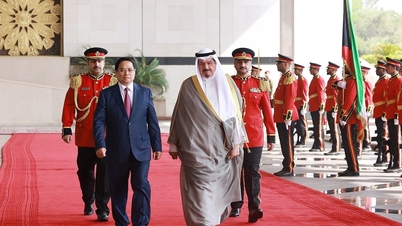

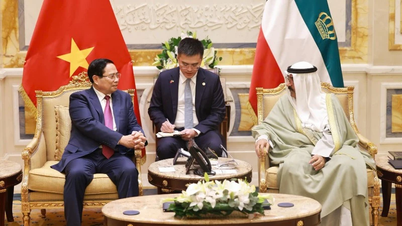
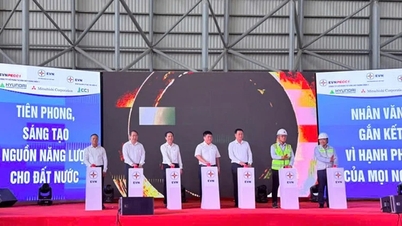
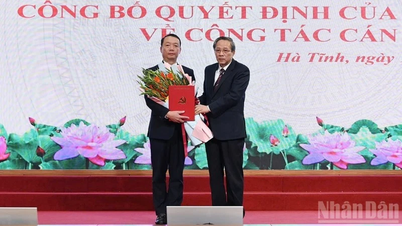
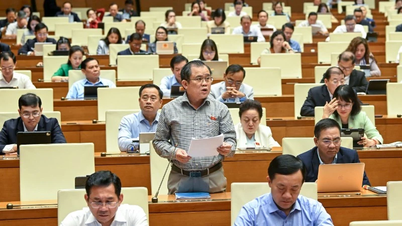
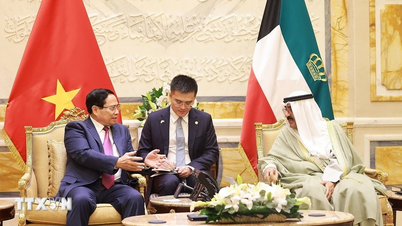


























































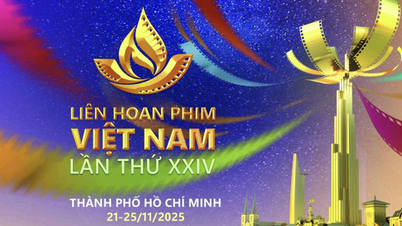




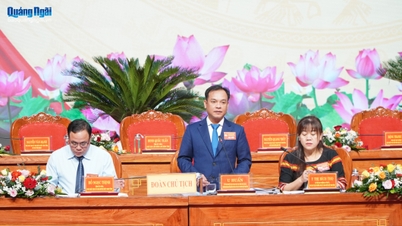


















Comment (0)